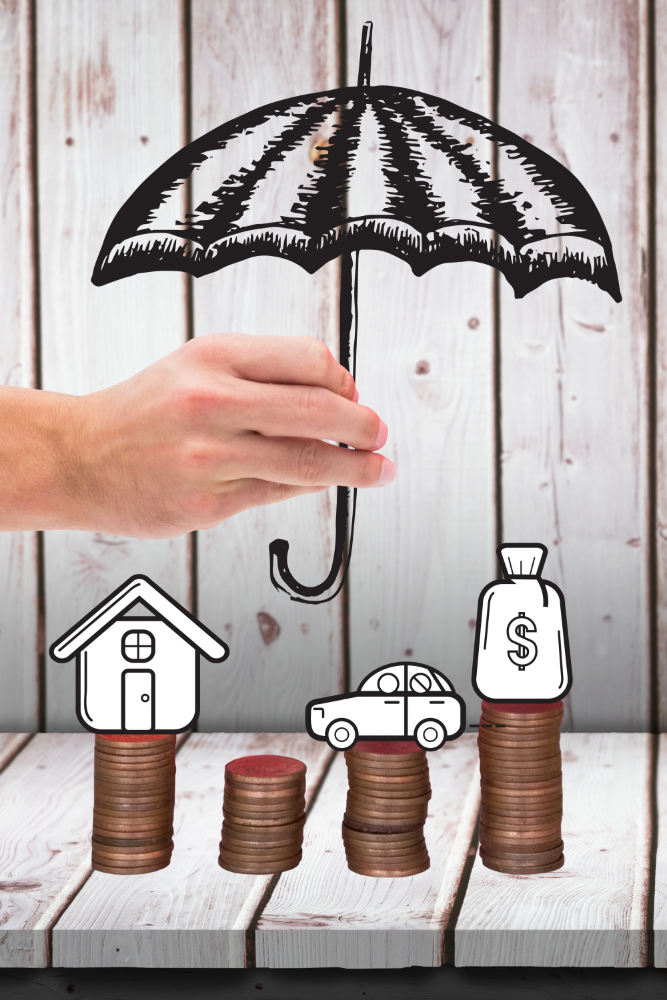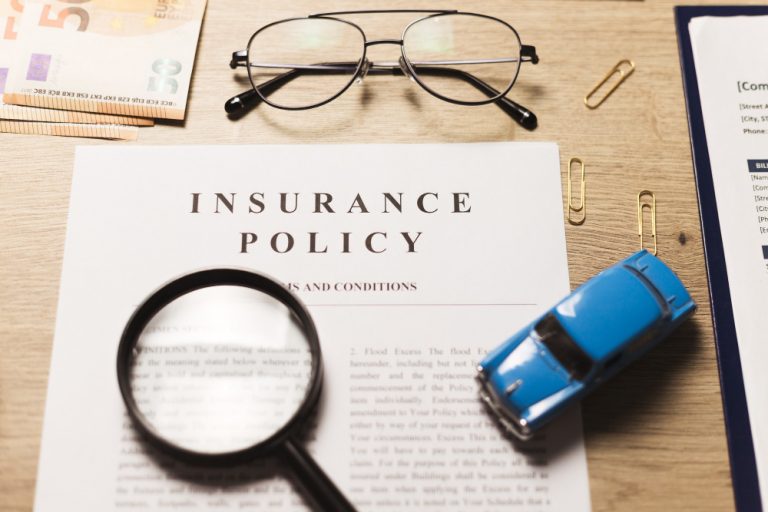Payment Protection Insurance
When you buy something on credit, whether it be a car, a house, or even a television, you are assuming a debt that you must pay off over time. However, sometimes things don’t go as planned and you may find yourself in a situation where you can’t pay your bills.
This is where payment protection insurance (PPI) comes in, a policy that helps protect your ability to make payments in case you find yourself in a difficult financial situation.
In this article, we’ll explore what payment protection insurance is, how it works, and why it could be a good option for you.

How does it work?
Payment protection insurance works similar to any other insurance policy. You pay a monthly premium for coverage, and if you ever need to use it, the insurance company will help cover your monthly payments.
For example, if you lose your job and can’t make your monthly payments, you can file a claim with your payment protection insurance. If your claim is approved, the insurance company will pay your monthly payments for you for a set period of time, usually three to six months.
Why could it be a good option for you?
Payment protection insurance could be a good option for you if you have significant debts that you must pay off over time. If you lose your job or have a serious illness that prevents you from working, it can be difficult to make your monthly payments, which can lead to debt accumulation and long-term financial problems.

Additionally, if you have a poor credit history or have had difficulty making payments on time in the past, payment protection insurance can be especially useful.
Insurance companies
Payment protection insurance is available through many insurance companies as well as through lenders and car dealerships.
There are several insurance companies that offer payment protection insurance, such as:
- Santander Consumer Finance: This company offers payment protection insurance for personal loans, mortgages, and credit cards. The policy covers the payment of installments in case the borrower is unable to make the payments due to illness, accident, or involuntary unemployment.
- BBVA: BBVA offers payment protection insurance for personal loans and credit cards. The policy covers the payment of installments in case the borrower is unable to make the payments due to illness, accident, or involuntary unemployment.
- Mapfre: Mapfre offers payment protection insurance for personal loans, mortgages, and credit cards. The policy covers the payment of installments in case the borrower is unable to make the payments due to illness, accident, or involuntary unemployment.
- CaixaBank: CaixaBank offers payment protection insurance for personal loans and credit cards. The policy covers the payment of installments in case the borrower is unable to make the payments due to illness, accident, or involuntary unemployment.
- Allianz: Allianz offers payment protection insurance for personal loans and credit cards. The policy covers the payment of installments in case the borrower is unable to make the payments due to illness, accident, or involuntary unemployment.

It’s also important to carefully read the terms and conditions of the policy to make sure you fully understand the coverage it offers and its limitations.







